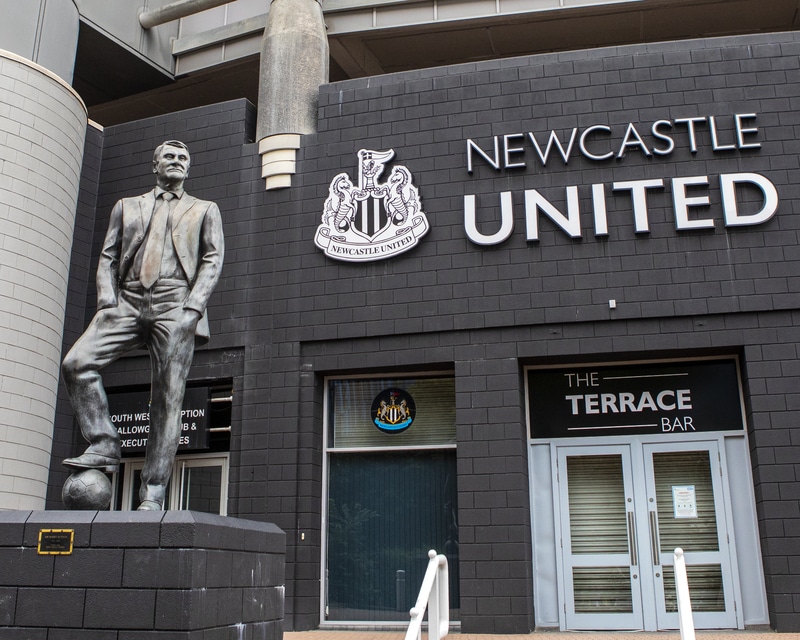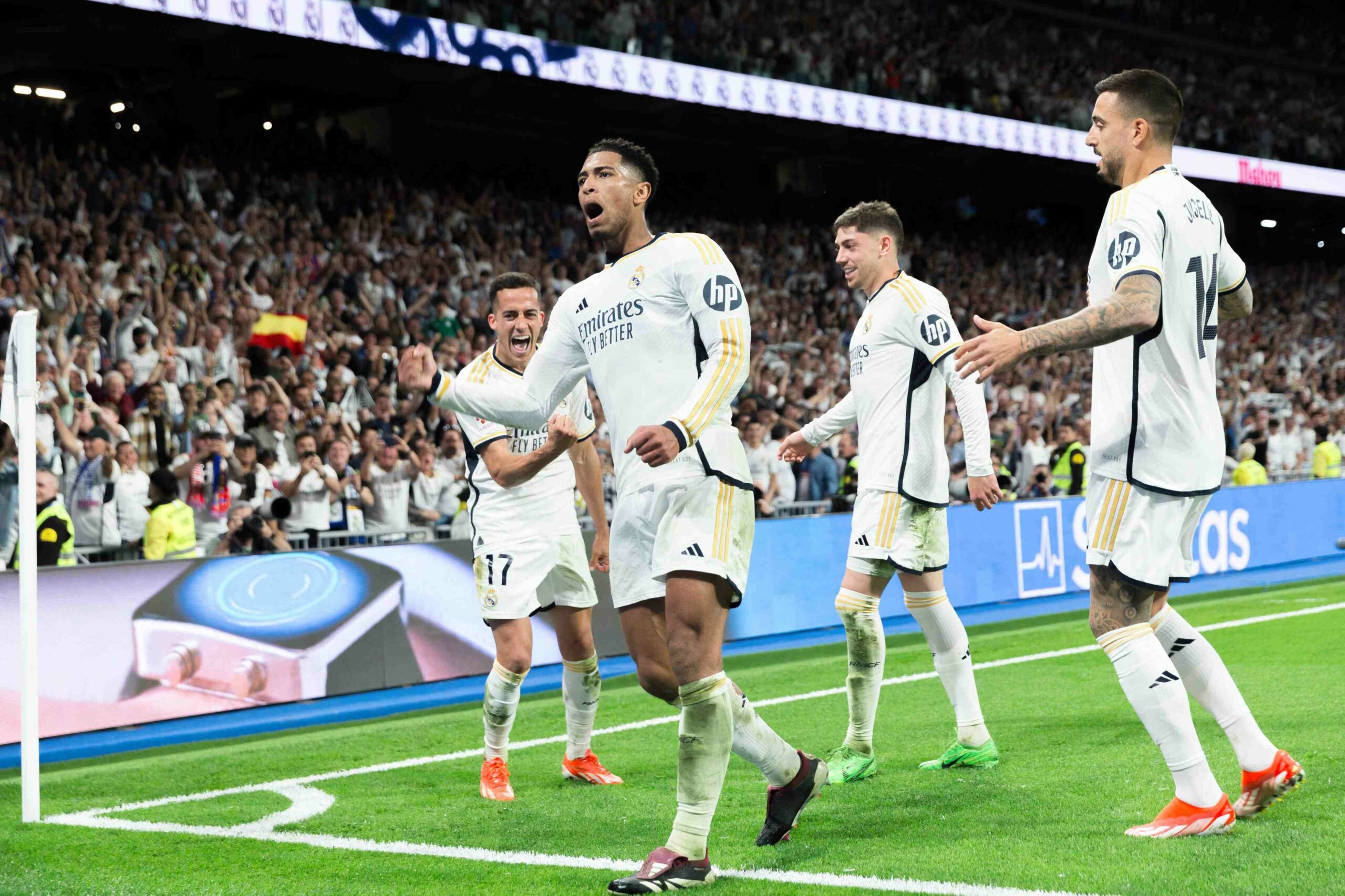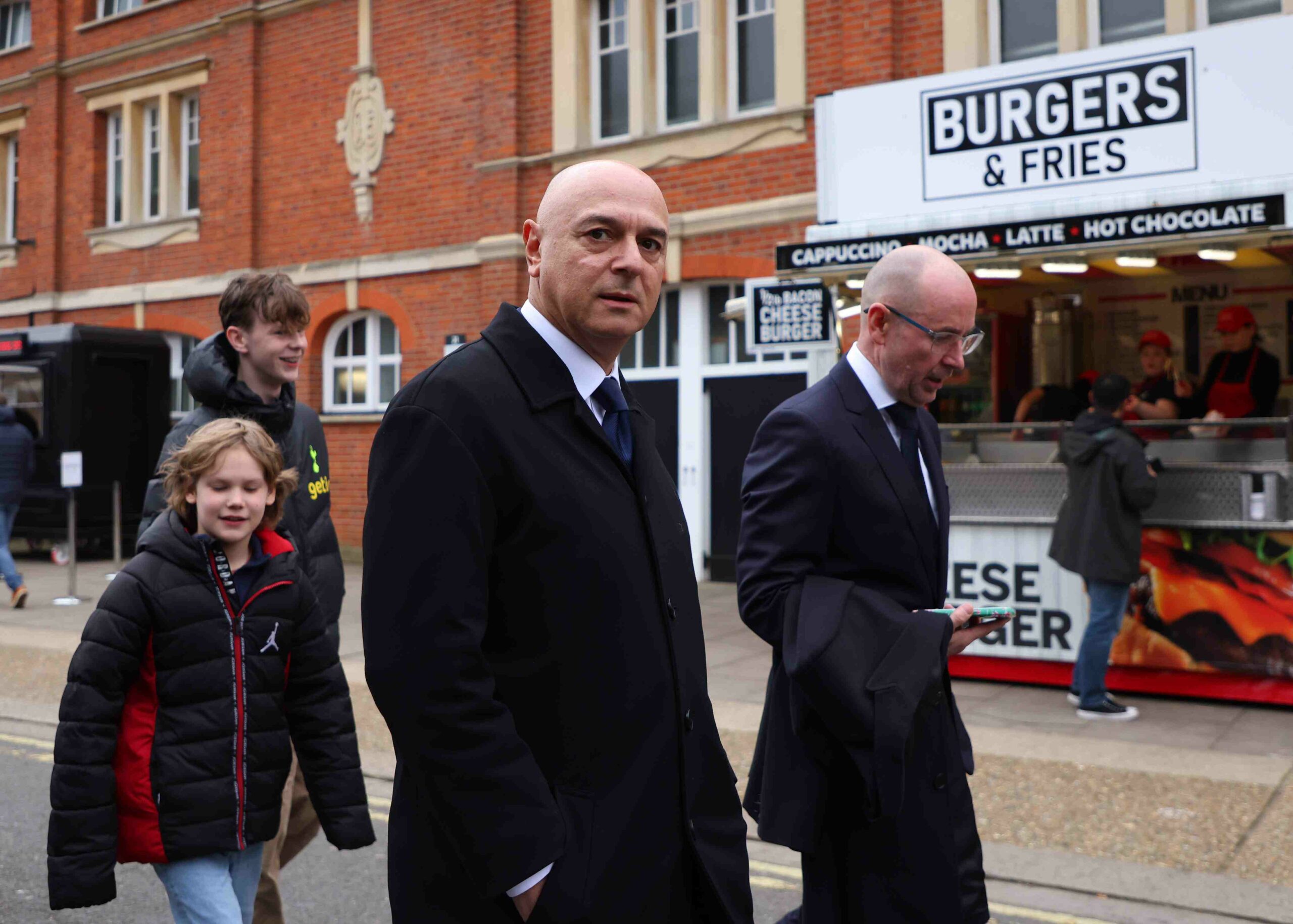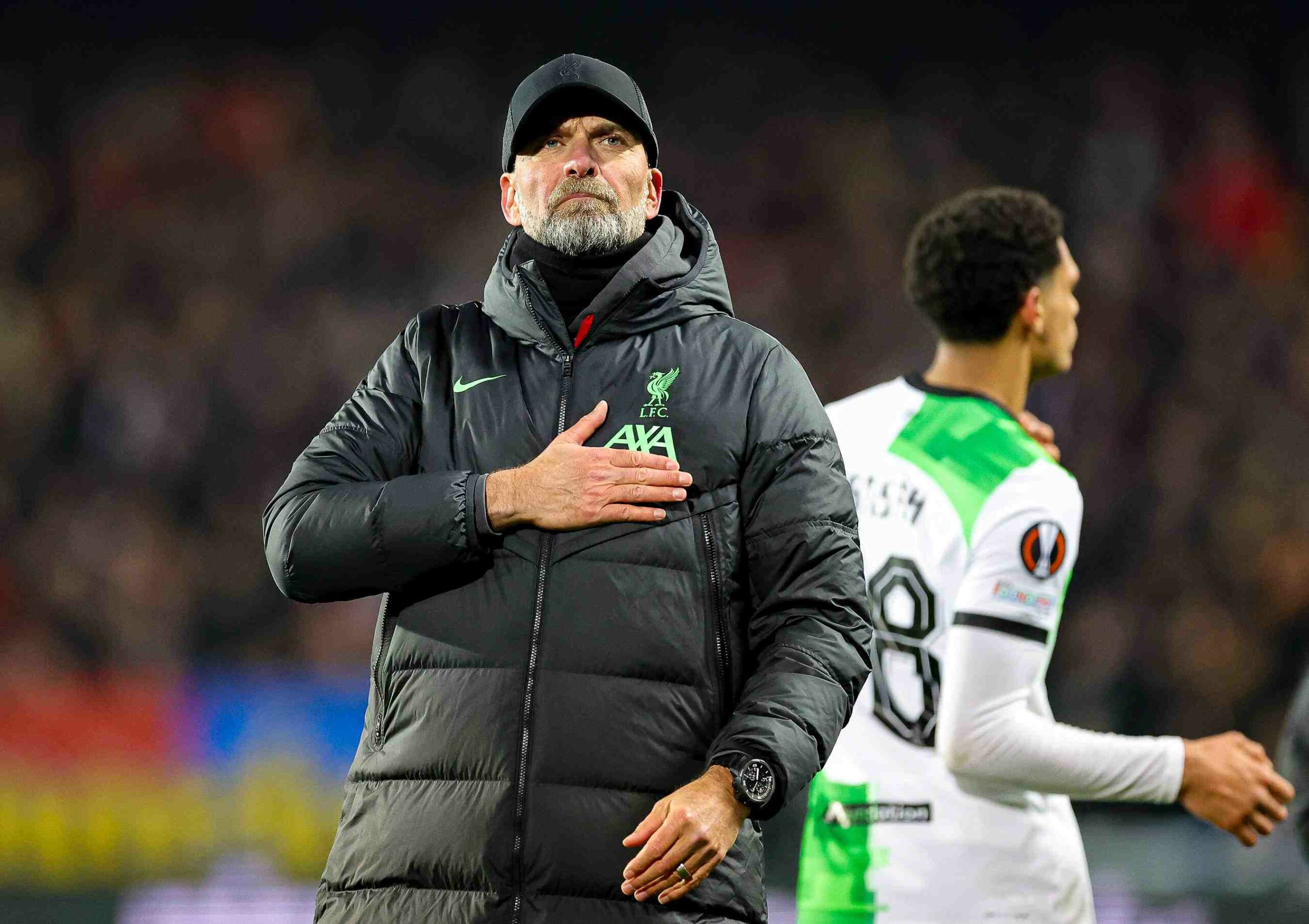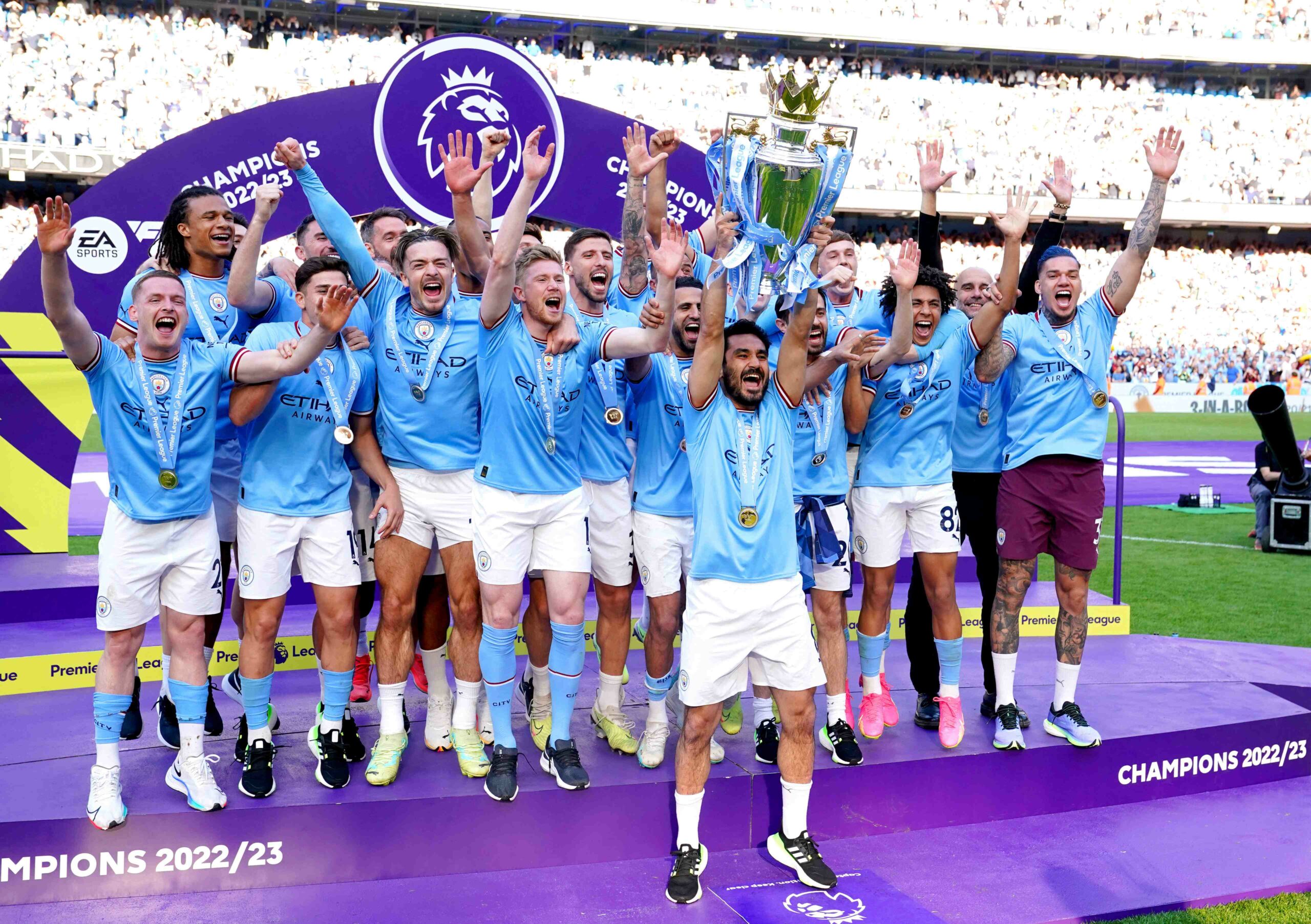First Acquisition attempt blocked by Premier League
Against the same business dispute backdrop, other voices arose against Saudi Arabia’s deal with Ashley. The widow of regime journalist Jamal Hashukaji has called on the Premier League to cancel the deal because the Saudis are interested in using football as a tool to whiten their image. Hashukaji was assassinated by the men of Muhammad bin Salman – the regent and most powerful man in Saudi Arabia.
A year passed, and the Saudis returned with the same offer to Ashley. This time, before submitting the bid, they settled and compromised with the Qataris, who would pay them up to about a billion dollars for the piracy offenses they committed. Later, BeIN will be broadcasted in Saudi Arabia. This paved the way for acquiring 80% of the club from the North East of England. In the Premier League, aware of the image problem, they said they had received assurances that the Saudi government would not run the club but members of the Saudi foundation. Apparently, they don’t believe this bullshit either.
The politics behind World Cup in 2022 crises
Saudi Arabia’s acquisition of Newcastle is further evidence of an industry that has sold its soul to those who are desperate enough to throw billions at washing its image. The Qataris, who have so far been responsible for the death of more than 6,500 people to build stadiums in their country ahead of hosting the World Cup in 2022, are doing so in Paris Saint-Germain; Abu Dhabi hides its crimes behind continuous investments in Manchester City.
The Saudis’ next step will be to start spending their money to spread the word about what a good buy it is Raheem Sterling, how Frankie de Jong will fit in with Alan Saint Maximin, and how much Antonio Conte as Newcastle coach adds the Premier League. And they will not talk about Ben Salman’s men dismembering the government critic’s body or committing crimes against humanity in Yemen.
Amnesty, a human rights organization, has demanded that the Premier League consider Saudi Arabia’s crimes against human rights before approving the acquisition. Among other things, Sasha Dashmoka, CEO of Amnesty Britain, said that “this is a clear attempt by the Saudi authorities to wash away their horrific human rights violations with the aura of football in the top league”.
He asked that the league adopt due diligence that “will not allow people with deep pockets to purchase a team in the Premier League if they are involved in human rights violations.”
Why is this at all something that the football authorities should ask?
Whitening image and capital
In recent decades, the boardrooms of football clubs have been filled with unethical board members who have tried to whiten their image (and sometimes even whiten capital) by using the game’s immense popularity.
In the late 1980s, Silvio Berlusconi acquired Milan as part of a move to gain enormous political and media power in Italy. Since the acquisition of Chelsea by Roman Abramovich in 2003, the game has become a tool on the geopolitical chessboard. Abramovich also brought into the world of football considerations political considerations and an interest in the interests of Vladimir Putin and the Russian nation vis-à-vis the world.
When Abu Dhabi entered the Premier League by acquiring Manchester City, and Qatar entered the world of football through the acquisition of Paris Saint-Germain, football became a tool for advancing the dark interests of dark oil principalities. The industry has not done enough to protect itself from these types of investors, has not done enough to protect its fans and interests, and has not done enough to protect the competitive balance or even universal values.
The Magpies are taking a leap to the big boys league
Because of globalization, groups have become a community asset to international phenomena. Because of the oil money, the football institutions have become an image laundering of regimes and terrible acts of the people behind them.
Yes, Mike Ashley wasn’t the best (some might even say hated owner) who acquired the group to maximize profits and revenue and did not invest his money in the organization. It’s terrible for football, and there’s no doubt it was a blessed move to sell. But he sold the club to a country that beheads heads of regime opponents and journalists.
The real problem is that those beheaders may be better team managers than Ashley and will invest quite a bit of money in the team – and then those same fans will not hate. The opposite. They might even appreciate them for all the good they have done for the club while forgetting the real price humanity is paying on the other side of the world.
Saudi Arabia’s very public entry into the Premier League directly continues Saudi intervention and involvement in world football politics. For example, Saudi Arabia has been the most influential factor in FIFA president Gianni Infantino in recent years.
The acquisition of Newcastle will raise allegations and accusations against the Saudis, but these will be diluted by reports from the world’s largest headline maker: the player transfer market.
Agents will start leaking that their clients (ahem, ahem, Philippe Coutinho) have always wanted to play in the Premier League, and coaches and managers will fantasize about the endless funding they will receive at Tinside and submit a certificate. The richest in the world.
And just wait for a geopolitical event that the Saudis really want to humble and then leak that they are Otto acquiring Leo Messi.
